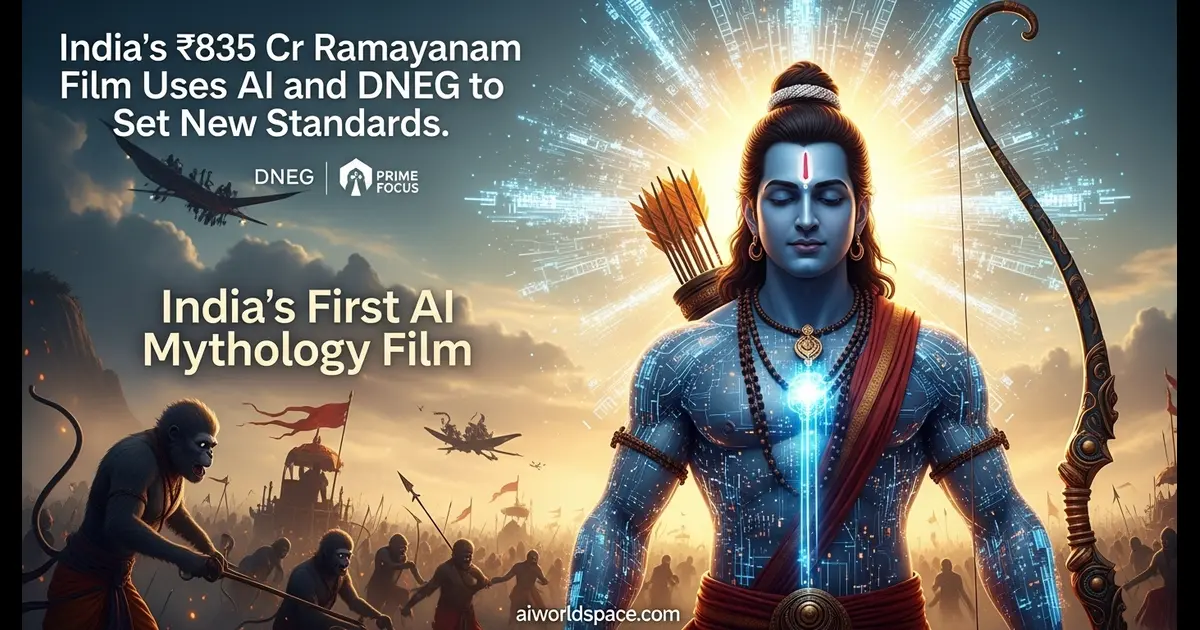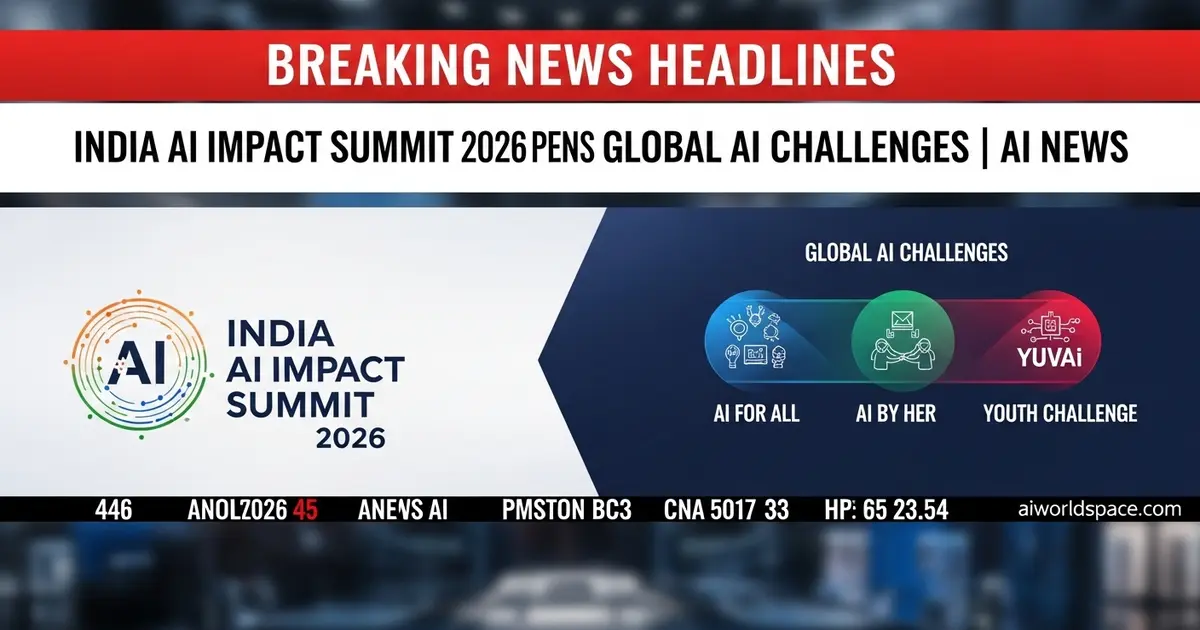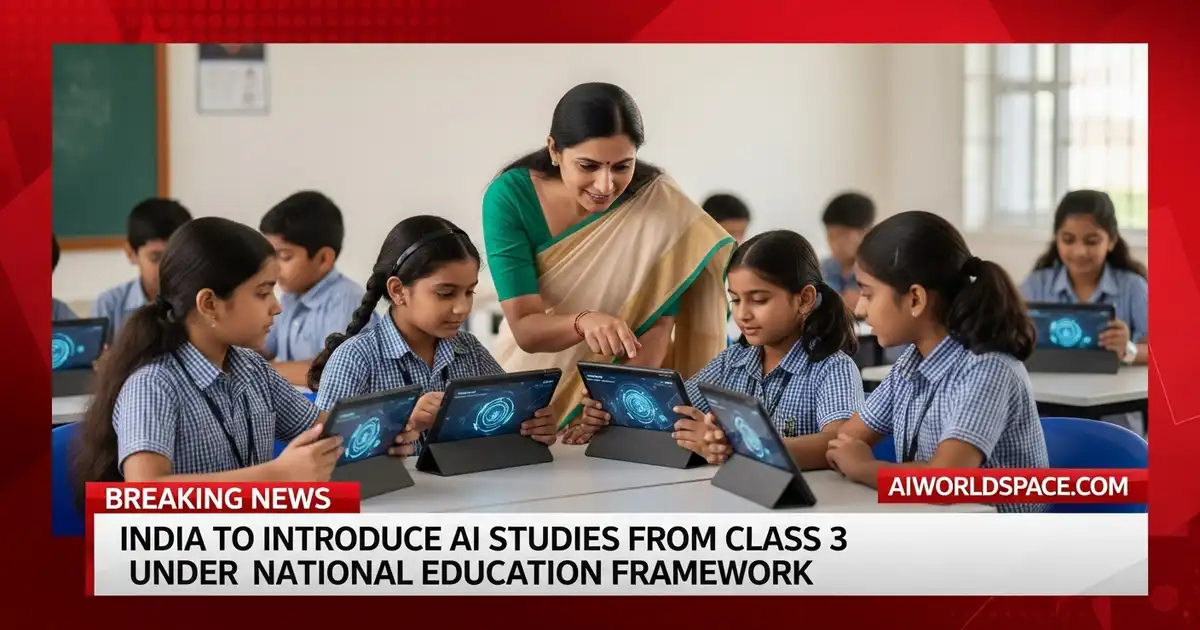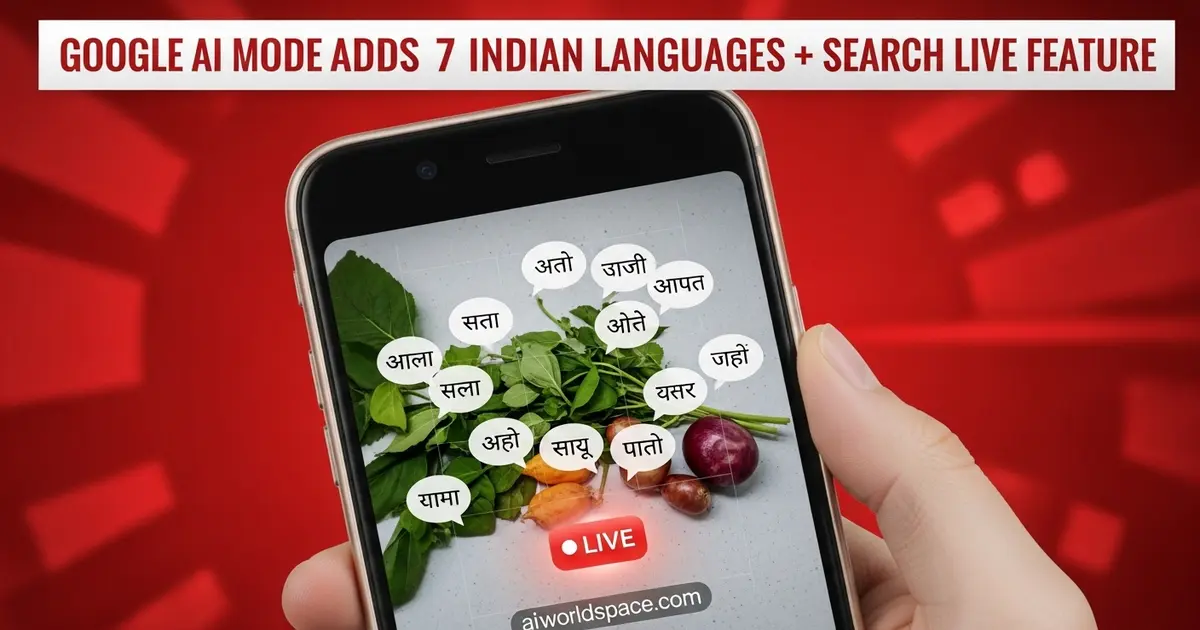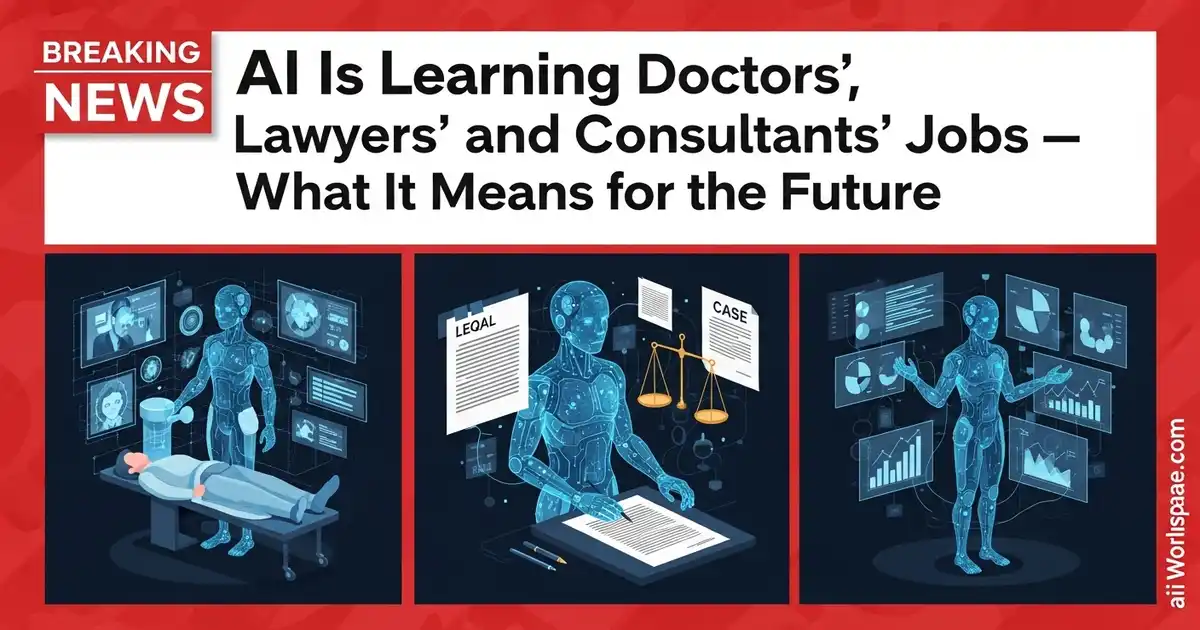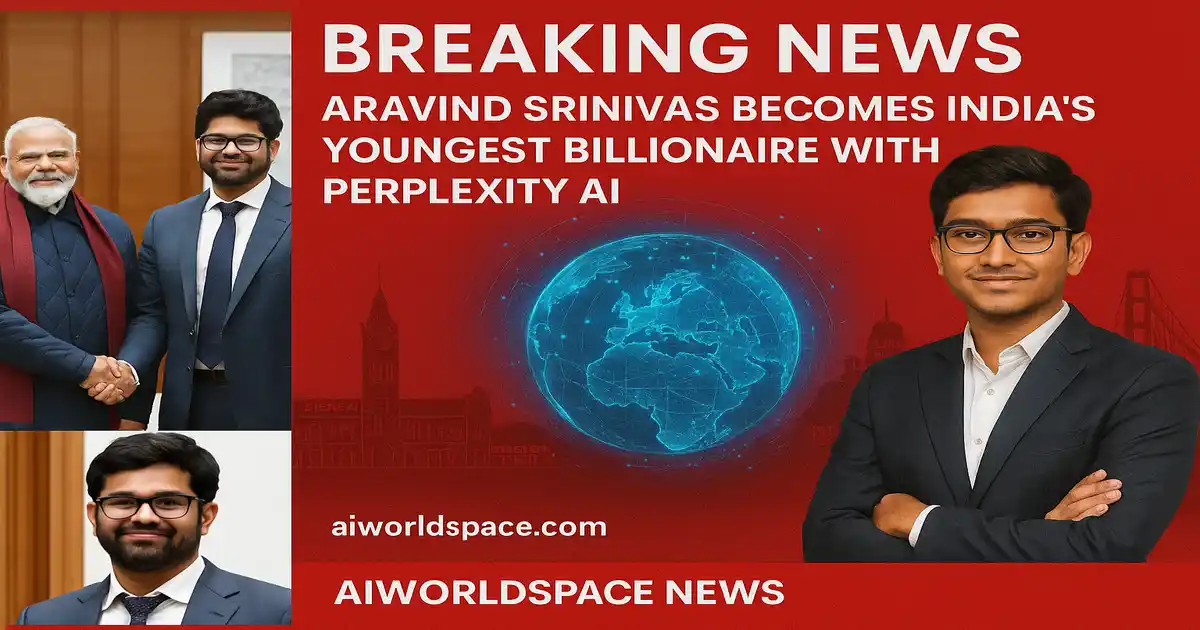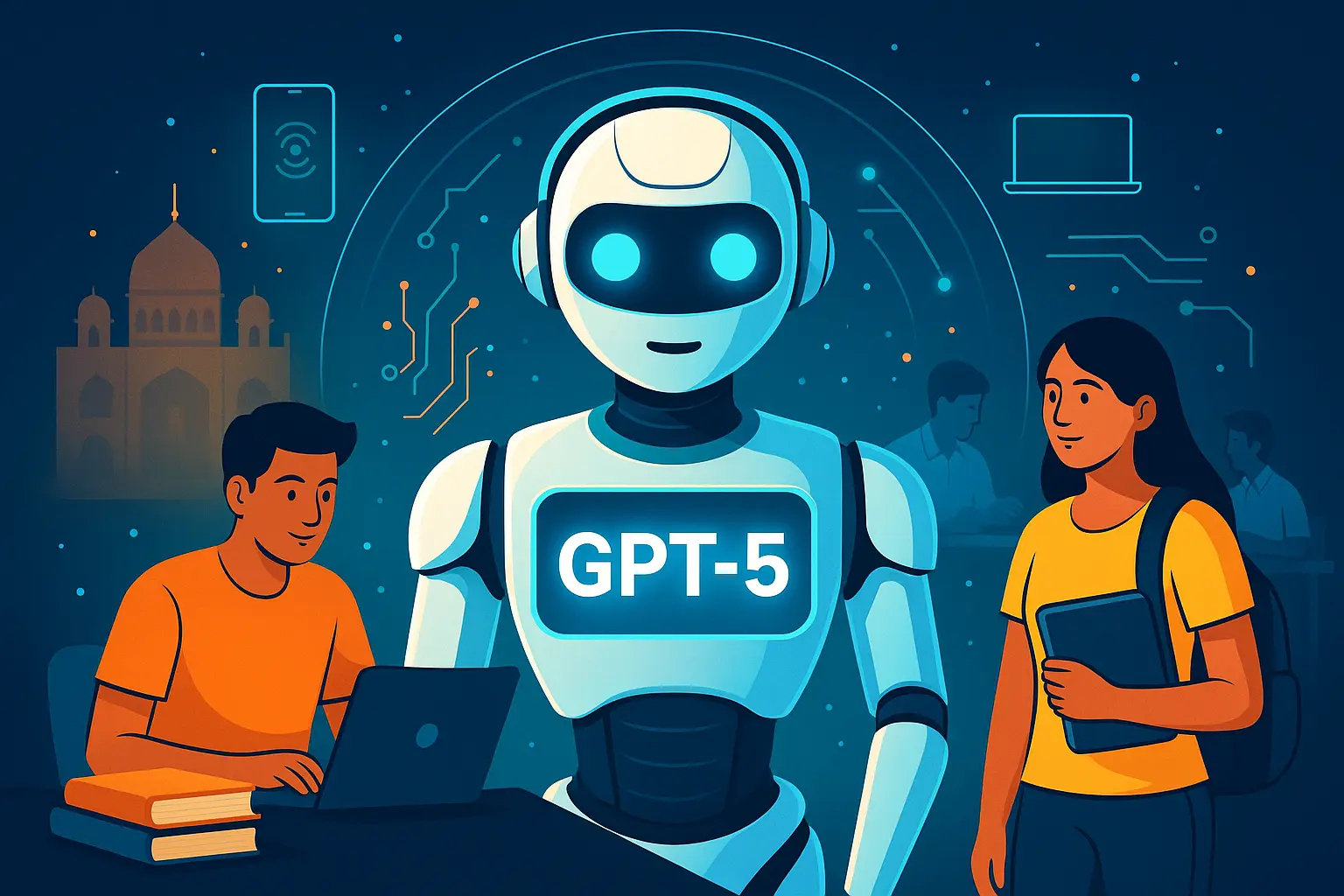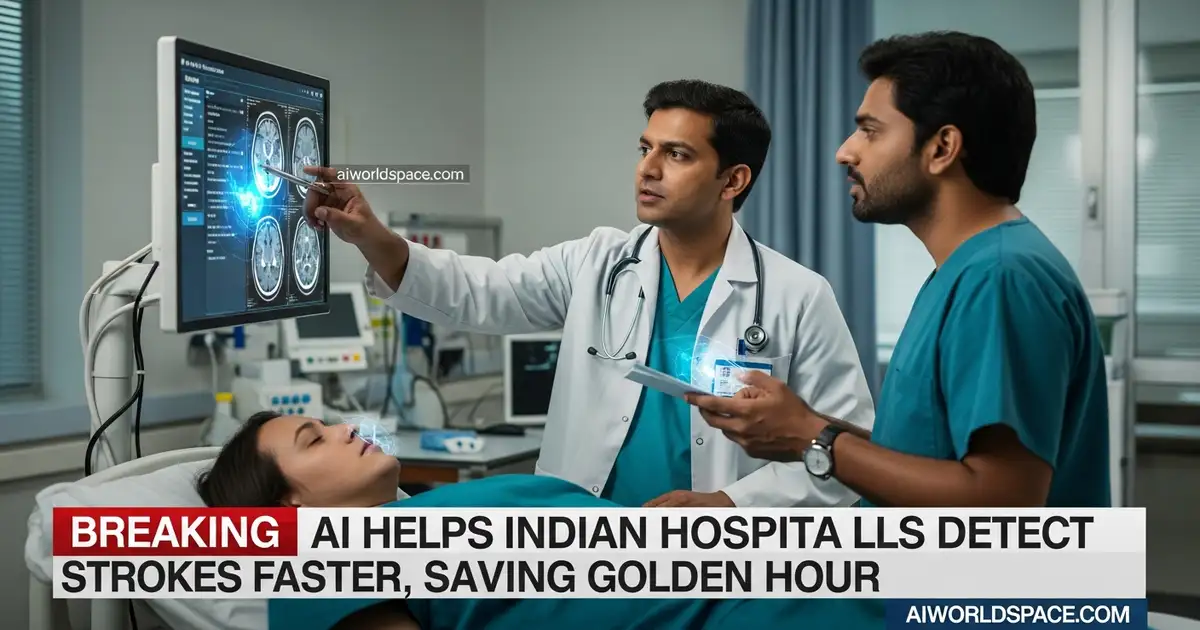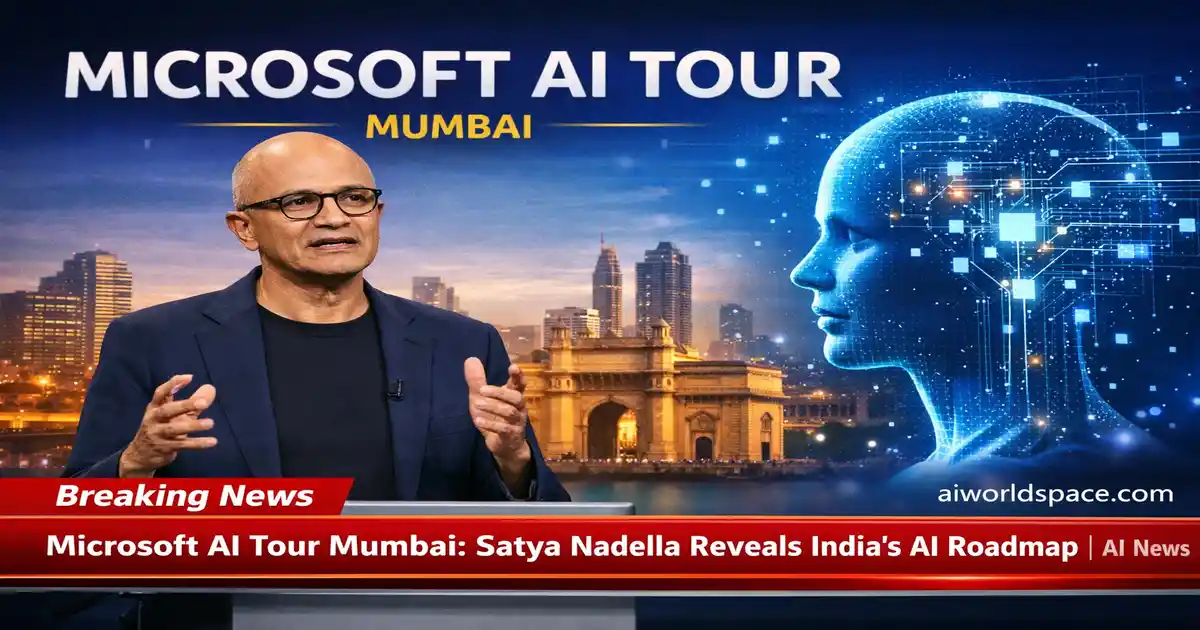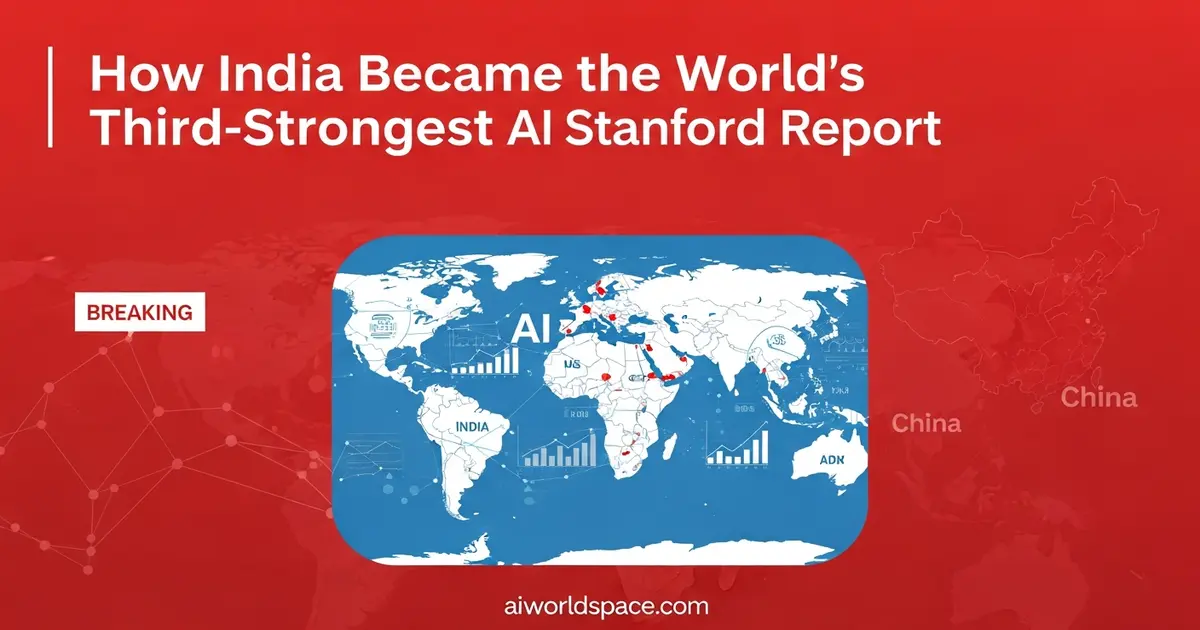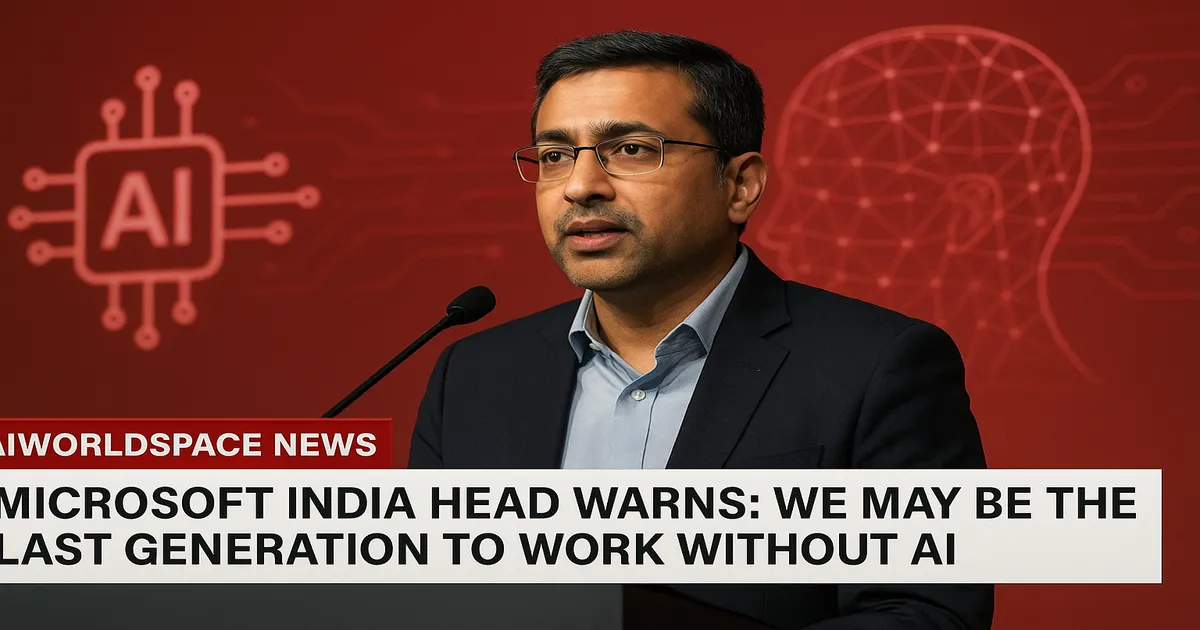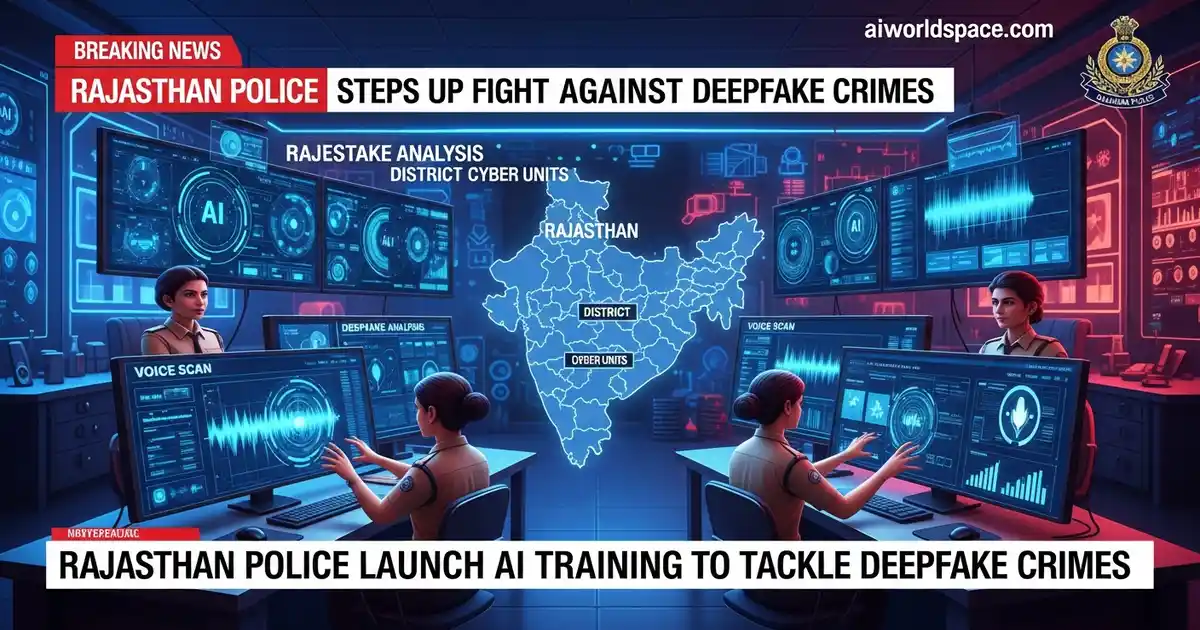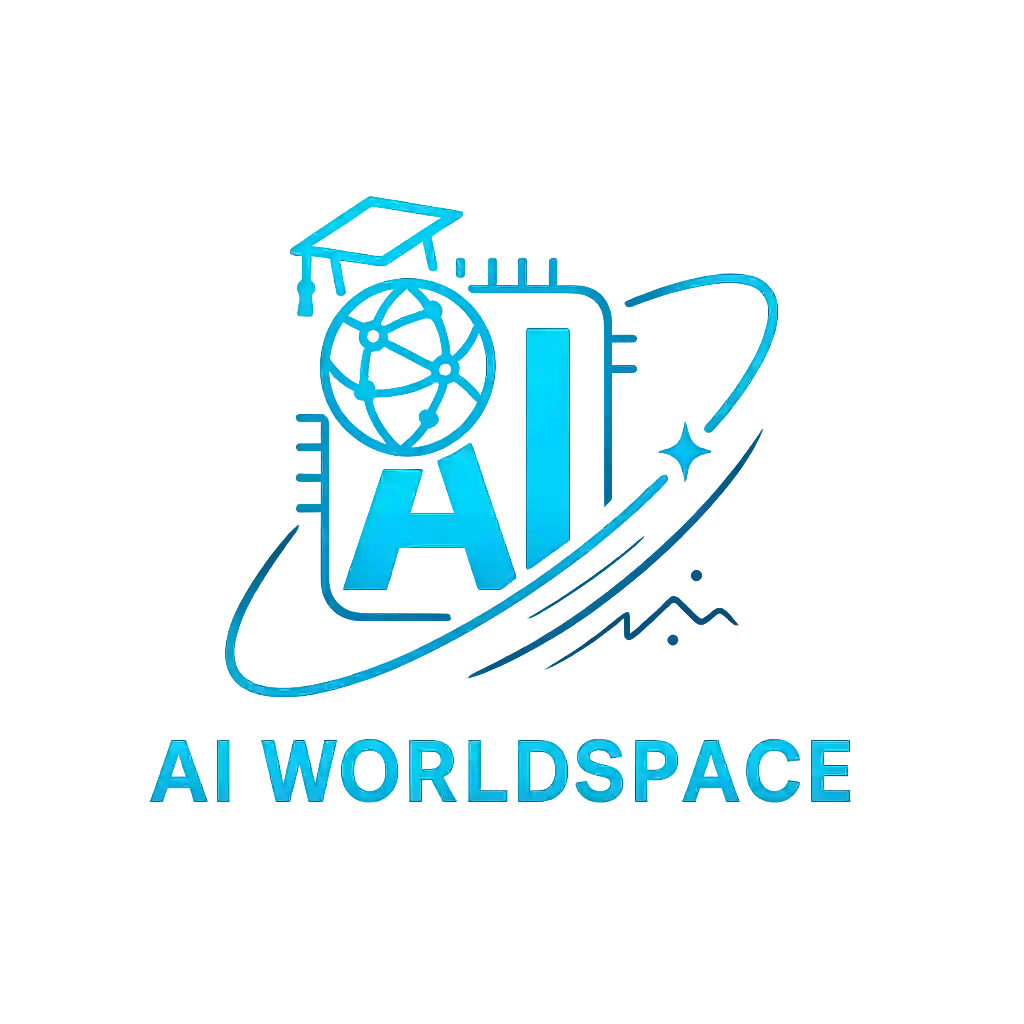Mumbai | July 16, 2025 | ⏱️ 3 min read
AI News Update : A major mythological film is about to make tech headlines. Ramayanam is not just bringing Lord Ram’s story to the big screen — it’s fusing Indian mythology with cutting-edge AI and international VFX. The result could change how India sees cinema.
What Makes ‘Ramayanam’ a Cinematic First?
In the age of AI-powered tools and digital filmmaking, Ramayanam is going where no Indian movie has gone before. Backed by a staggering ₹835 crore budget, the film is being called India’s most tech-driven mythological spectacle.
Video Credit To You Tube & Sony Music India and Others
Here’s what sets it apart:
- AI-generated backgrounds, facial expressions, and cityscapes
- Virtual cinematography powered by deep learning models
- Ancient scenes rebuilt using digital simulation and AI renderings
This is mythology reimagined with machines.
Prime Focus and DNEG Are Quietly Powering It All
The technical muscle behind the film comes from Namit Malhotra, founder of Prime Focus and global VFX powerhouse DNEG Studios.
- DNEG is known for Oscar-winning work on Inception, Dune, Interstellar and more
- Their AI-enhanced visual tools are now being applied to recreate epic battles, temples, and forests from Indian mythology
- Namit is personally supervising aspects of the project to ensure it meets international cinematic standards
In short, this is India’s most ambitious AI + VFX + storytelling experiment to date.
How AI Is Changing the Film-Making Process
Unlike traditional VFX, AI is helping filmmakers do more — faster and with greater precision.
- Entire battle sequences are being pre-planned using AI simulations
- Facial expressions of characters like Ravan and Hanuman are rendered with AI mapping
- Ancient architecture and terrain are digitally constructed using AI-assisted modelling
It’s no longer just a film — it’s an immersive, tech-first visual narrative.
Also Read: Is AI Money on YouTube Drying Up? New Rules Just Kicked In Today
Which Indian City Is Getting the First AI+ Campus? This Could Change How We Learn Forever

